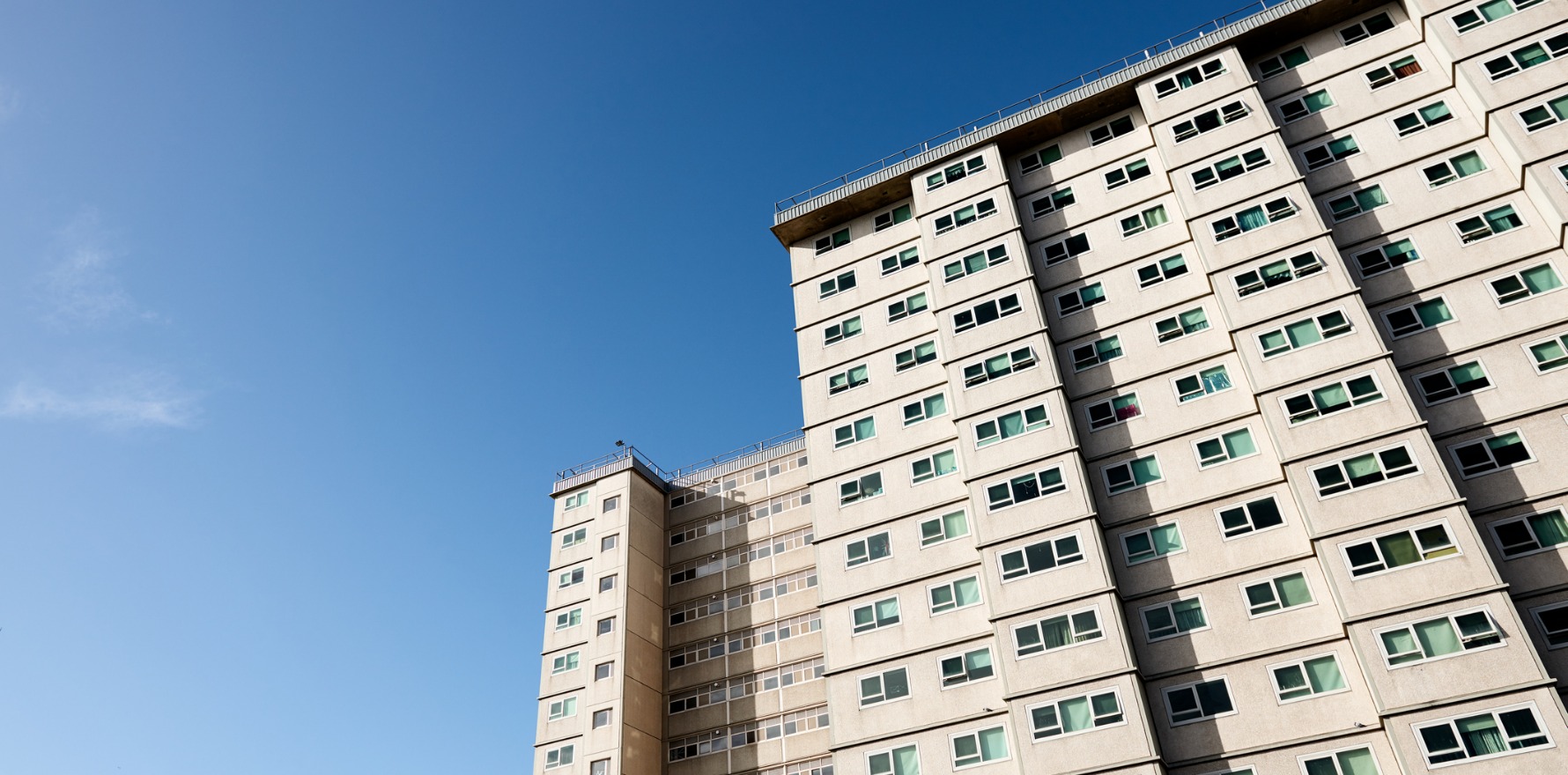Melbourne GPs were faced with the ethical dilemma of ensuring their patients with addiction had access to legal substances, to avoid complicated withdrawals.
As a GP you spend your whole career trying to discourage smoking and binge-drinking.
But for the GPs who had patients in the Melbourne lockdown, dealing with legal substance addictions also meant ensuring access to cigarettes and alcohol for those who weren’t ready to quit.
Speaking at the GP20 conference this week, GPs from the RACGP’s special interest groups Dr Kate Walker, Dr Libby Hindmarsh, Dr Hester Wilson and Associate Professor Penny Abbott talked about the challenges of managing the COVID-19 pandemic among communities of social and economic disadvantage, and the complicated nature of managing addiction during lockdowns.
Dr Wilson, GP and addiction specialist, said when you have a patient dependent on alcohol or tobacco, you don’t want them going through withdrawal without the right support.
And accessing ongoing support was proven to be a sustained challenge for many people throughout the various COVID-19 lockdowns.
“You need to make an assessment on whether they are dependent, whether they are at risk of withdrawal, and how you manage supporting that withdrawal period,” Dr Wilson said.
“You can offer them all the support to go through withdrawal, including medications they might need, but if they don’t wish to do that, then you see they are safely provided with alcohol and cigarettes.
“Now as I doctor, I’m thinking ‘Oh my god, I’m providing this stuff that has no nutritional value and I’ve spent my whole life getting people to stop,’ but in this [lockdown] situation, we need to help people access the legal substances that they use – it’s different with the illegal ones.”
Dr Wilson said GPs were specially placed during the lockdowns to meet people where they were in their addiction and form a therapeutic alliance that would open people up to the possibility of future treatment.
“We don’t condone it, and we know it puts people’s lives at risk, but creating therapeutic alliances in their addiction means we are there for them and we know that encouraging to people to come into treatment while they still have dependency helps,” she said.
Dr Walker, a GP who worked on the front line of Melbourne’s lockdown, said it was important to assess the patient’s future plans of recovery, and offer them treatments that could assist in withdrawal.
“But if people aren’t wanting to withdraw, the bottom line is you want people to comply with the quarantine orders and not break it because of their addiction,” she said.
“Of course we offer them detox options and nicotine – but if they are determined, we need to think about how they can safely access legal substances during a lockdown.”
Food and other deliveries were coordinated by local councils and some NGO organisations in Melbourne for a number of public housing tenants that were put under a strict quarantine.
In these circumstances, GPs were able to link in with pharmaceutical home delivery services and alert authorities about what provisions their patients needed during the stay-at-home orders.
This service ensured individuals were getting enough culturally appropriate food, and also enabled the private delivery of legal substances if required.
“Sometimes people of migrant background, or people that have language barrier or low socioeconomic status can miss out on mainstream services being offered to meet their needs,” Dr Walker said.
“As a GP, having a mindful proactive approach to look out for what’s missing for this person might be very important.”
Watch the presentation at the GP20 site here.



